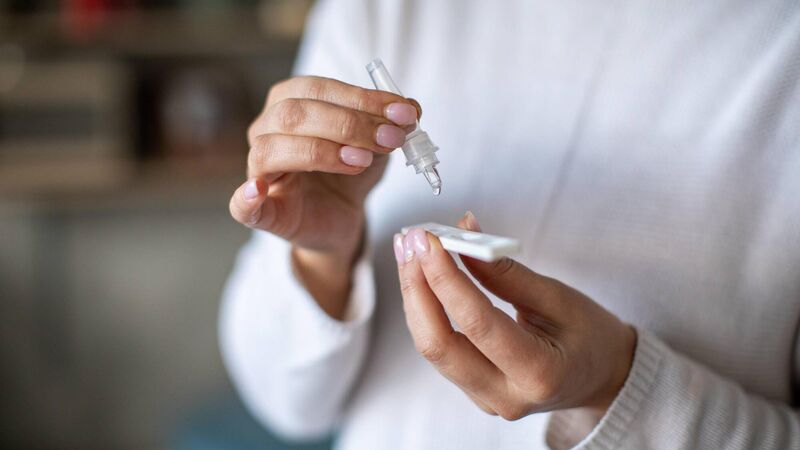Life Hack: What to do if you get covid in 2025 — testing, isolating and more

How long do we need to stay at home and avoid contact with others after a positive test?
I experienced the strangest bout of deja vu two weeks ago. I heard of one or two people testing positive for covid in recent weeks but didn’t think too much of it until a sore throat one morning caught me off guard.
I’m rarely sick so alarm bells went off in my mind. I reached into the cupboard for an antigen test (remember those?) and followed the usual steps.








